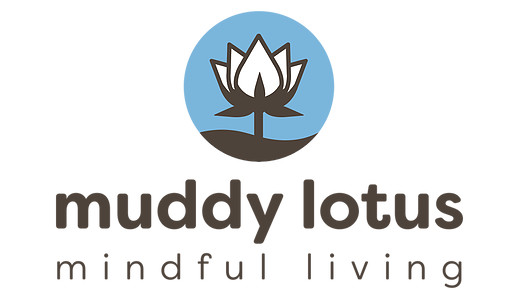


The growing interest in Tiny Home living is just one small part in the larger movement toward voluntary simplicity, and away from the traditional American dream. Voluntary simplicity is a lifestyle focused on minimized consumption, environmentally conscious behaviors and a reduction of working hours. Individuals that choose this lifestyle tend to value experiences over things and studies show they also report higher levels of happiness and life satisfaction than their non-simplifying counterparts.
If you are feeling skeptical right now and wonder how moving into a smaller home and giving away all your stuff is going to make you happy, it may not. Research shows the types of people that choose voluntary simplicity are of a special breed. These individuals tend to be intrinsically motivated, pro-social and environmentally conscious. These characteristics are correlated with more life satisfaction and higher levels of happiness. Therefore, happier people more often choose simplified living and flourish as a result.
It comes down to personal values. Voluntary simplifiers that choose to live in a small, or Tiny home, have less space for material goods but are rewarded with a much lower cost of living and fewer housekeeping duties. Think about it: if you only have space for one set of dishes there will never be a huge pile to wash; if you only have 100-square-feet of flooring you can spend minutes rather than hours vacuuming; if you only have space for 10 outfits in the closet you will never spend your weekend under a mountain of laundry. You get the picture.
With all that free time spent not working overtime and not cleaning the house, what are voluntary simplifiers doing? Whatever they want! Studies show that people who move away from a consumption-based lifestyle to simplified living, devote their resources and energy to the aspects of life that are more valuable to them, which are often interpersonal relationships, community involvement, spirituality and volunteering. By continuously engaging in these positive behaviors they are likely to develop repeated small increases in happiness, which will cumulatively lead to a higher overall sentiment of wellbeing. Basically, happy people engage in behaviors that make them feel more happiness.
If you are intrigued, here are some tips to make a few simple changes of your own to see how it feels: get rid of those clothes you’ve been hanging onto just in case; eat meals full of ingredients that aren’t packaged in plastic; take a walk with your friends instead of happy hour at a bar; try mediating or Yoga instead of staring at the TV; and only buy things you truly need. You may find yourself smiling more, stressing less and considering the big shift to a simpler life in your own Tiny House.
Hoffmann, S., & Lee, M. S. (2016). Consume Less and Be Happy? Consume Less to Be Happy! An Introduction to the Special Issue on Anti-Consumption and Consumer Well-Being. Journal of Consumer Affairs,50(1), 3-17. doi:10.1111/joca.12104
Rich, S. A., Hanna, S., & Wright, B. J. (2016). Simply Satisfied: The Role of Psychological Need Satisfaction in the Life Satisfaction of Voluntary Simplifiers. Journal of Happiness Studies,18(1), 89-105. doi:10.1007/s10902-016-9718-0